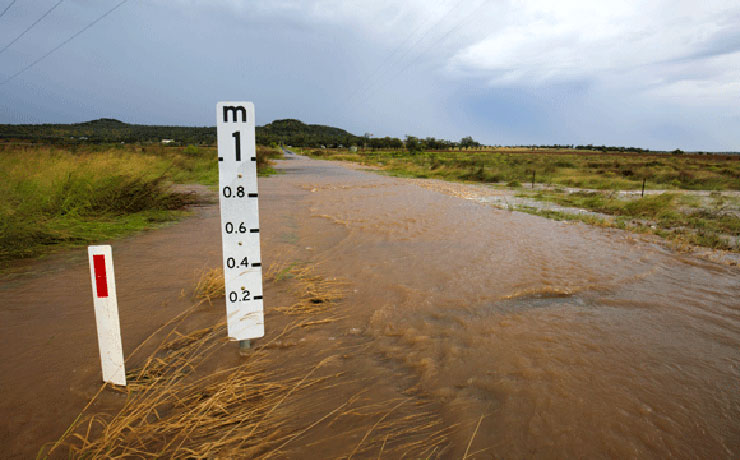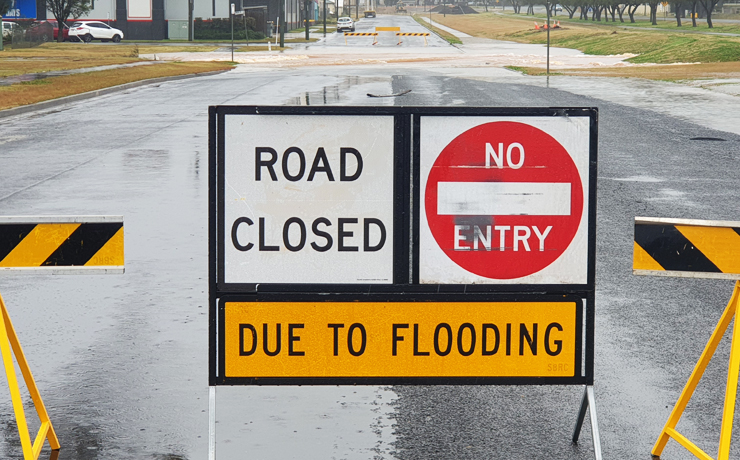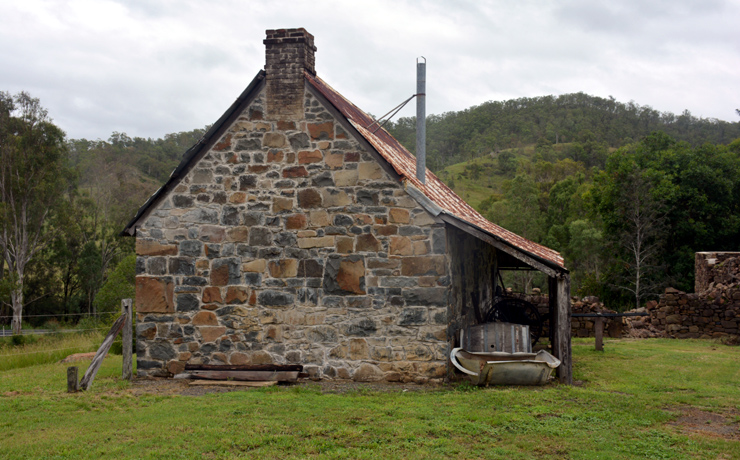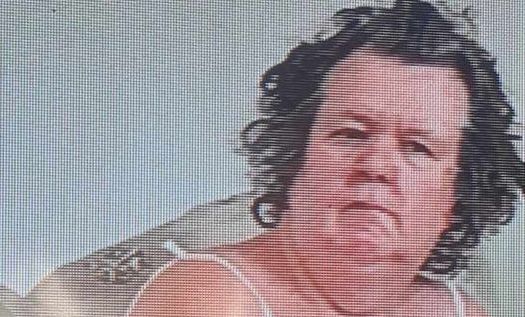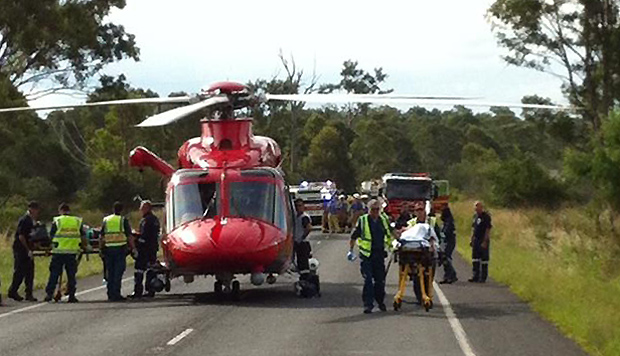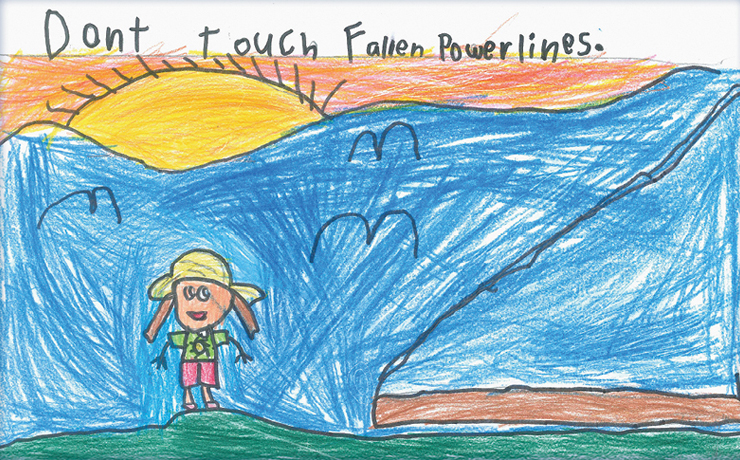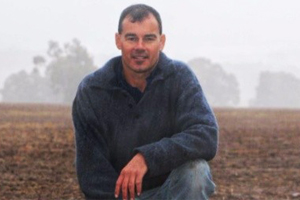November 16, 2012
The dream of Cherbourg residents owning their own home built on traditional land could be a step closer following the release this week of a Discussion Paper by the State Government.
The paper, “Providing Freehold Title in Aboriginal and Torres Strait Islander Communities”, could lead to changes that will allow indigenous people to have freehold title to homes built on communally owned land.
The State Government has proposed that the new freehold model under discussion would apply to 34 Aboriginal and Torres Strait Islander communities, including Cherbourg.
At the moment, people cannot buy homes built on land held under community land trusts (Deeds Of Grant In Trust), eg. Cherbourg.
Natural Resources and Mines Minister Andrew Cripps said the State Government recognised that Aboriginal and Torres Strait Island residents in Queensland wanted to own their own homes in their communities so they could participate in the broader economy, as well as having assets to pass on to their families.
“This desire for greater security of land tenure is behind the discussion paper,” Mr Cripps said.
The discussion paper outlines a proposed freehold model and a process of community consultation that could lead to that model being adopted.
“This proposed model would be a significant change from the existing trust and communal land tenure arrangements, where land cannot be sold,” he said.
Aboriginal and Torres Strait Islander Affairs Minister Glen Elmes said the State Government sees home ownership as an important step towards addressing Indigenous disadvantage.
“We want to work with communities to identify what’s best for each one and to what extent freehold land can be made part of the community,” Mr Elmes said.
“The provision of freehold land isn’t a solution in itself, but is part of a wider strategy to address entrenched disadvantage within Indigenous communities and will support job creation and economic growth.
“However this model will not be forced upon a community. Communities may elect not to adopt freehold land title or elect to adopt it only in part of their community. In those areas where freeholding is not being adopted, the current land tenure arrangements, including leasing, would continue.”
Assistant Minister for Aboriginal and Torres Strait Islander Affairs David Kempton said communities would be well informed about the government’s freehold title proposal.
“The government recognises the importance of getting this proposal right,” Mr Kempton said.
“The Premier has today written to key community groups and provided them with a copy of the discussion paper.
“Over the coming months I will work with government departments to conduct a series of meetings with Aboriginal and Torres Strait Islander land trusts, native title bodies, Aboriginal Shire councils and Indigenous Regional councils.”
Copies of the discussion paper are available online
Written submissions regarding the proposal may be lodged with the Director, Whole of Government Policy, Aboriginal and Torres Strait Islander Land Services, Department of Natural Resources and Mines, PO Box 2454, Brisbane, 4001; by fax at (07) 3405-6899; or by email until March 29, 2013.
* * *
The release of the Discussion Paper follows the passing of legislation in State Parliament in August to remove what the State Government claimed at the time were long-standing anomalies in land tenure in some Aboriginal and Torres Strait Island communities.
The State Government said the Bill would address issues caused by the “poor operation and implementation” of the Aboriginal and Torres Strait Islanders (Land Holding Act) 1985.
Mr Jim McNamara, Executive Director of Aboriginal and Torres Strait Islander Land Services, told southburnett.com.au problems with these “old Act leases” had to be cleared up before any change in land ownership policy could occur.
The 1985 Act, which the State Government repealed, had set up a scheme where people could apply for a perpetual lease of communally held land. These applications had continued until 1991.
Although 690 applications for these perpetual leases had been made over the years, the State Government could only find records for about 223 which had been granted. In about 250 cases, applications appeared to have been validly made but leases were not given; about another 200 applications had not been validly made.
This whole process had caused confusion and uncertainty about land ownership in many Aboriginal communities, especially revolving around succession issues when the original applicant for the perpetual lease had died.
There were also problems with how some of these perpetual lease areas had been legally described, with constructions being built partly on and partly off leased areas. In some cases, confusion had even led to roads being built on leased areas.
“We needed the tools to be able to rectify and tidy up these anomalies and difficulties,” Mr McNamara said.
He said that after searching, his department could find no evidence of any of these perpetual leases being granted in Cherbourg; the two or three applications which had been submitted had not been validly made.
However this wasn’t the case in all communities.
“Some communities have an extraordinary number of the leases,” Mr McNamara said. “One community in the Cape has more than 100.”
The Bill that was passed in August attempted to create a framework and process where disputes over these leases could be resolved.












